Posted on 3/29/2022
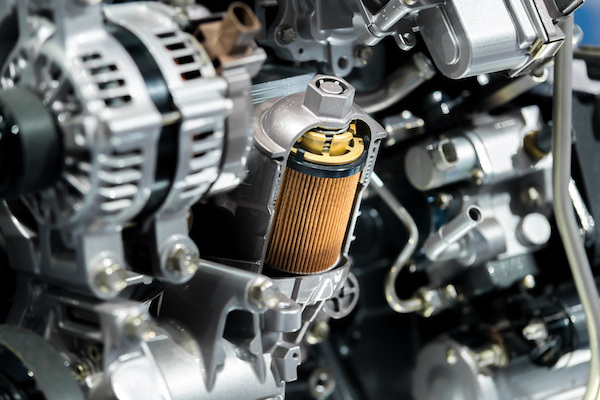
Your fuel filter is an essential part of your vehicle's fuel system, and it does precisely what you think it does: block out the dirt and grime in your fuel so that your engine can receive clean energy. Over time, this filter will get dirty and become ineffective. The problem with a clogged fuel filter is that it won't properly deliver the right amount of fuel to the engine. And when this happens, your vehicle won't get very far and not efficiently. Besides poor engine performance, you may notice the following signs with an ineffective fuel filter: Rough or shaky idling Difficulty starting your vehicle Engine sputtering Decrease in MPG Check engine light on A dirty and ineffective filter will also allow dirt, contaminants, and other harmful gunk to stir up all sorts of engine trouble. Once the filter's porous materials get clogged, you will need to replace the fuel filter. How Often to Replace Fuel Filter Older vehicles typically require a fuel filte ... read more
Posted on 3/24/2022

Porsche is one of the most respected automakers in the world. Known as much for their style, speed, and class as they are for their reliability, Porsche is frankly in a class of its own, and as such has been named a best brand by Consumer Reports. However, even the most well-designed and manufactured vehicles can develop problems. Whether you own a 911, Macan, Boxster, Cayenne, or Cayman, if your Porsche develops any signs of problems, you should only take it to a Certified Porsche Mechanic for diagnosis and repairs. Here’s an overview of top repair issues our certified mechanic routinely comes across and can successfully repair. Porsche Coolant Leak Problems Moisture underneath your Porsche is often due to an issue with the coolant. This is especially common in the Porsche Boxster 986. Leaks in the coolant reservoir are also quite common in the Porsc ... read more
Posted on 2/18/2022
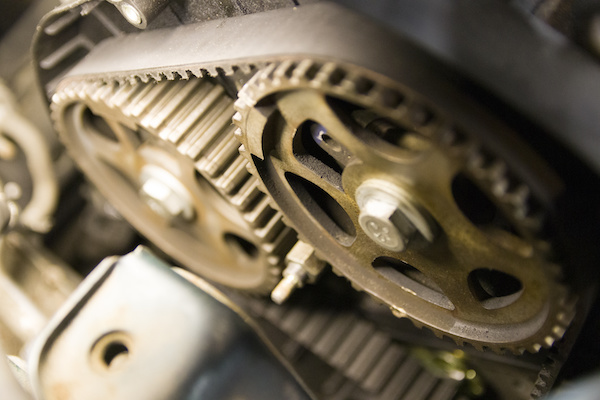
Your car's serpentine belt is a vital component, commonly located in the front of your engine. This lengthy belt transports power to critical automotive systems, including your power steering pump, alternator, A/C compressor, water pump, and more. Back then, a vehicle may have several belts; nowadays, automobiles have a single belt to run everything, almost always the serpentine belt. The serpentine belt can also run the water pump, radiator fan, and power brakes on some vehicles. In rare cases, some even have two serpentine belts. No matter how your components and the motor are arranged, you can bet that you won't go far with a damaged or broken serpentine belt. Depending on your vehicle's make and model, you can expect your serpentine belt to last from 50,000 to 100,000 miles. Additionally, your manufacturer probably has a recommended interval for how often to inspect your belt. You can always count on the professionals at Nerger's Auto Express to thoro ... read more
Posted on 1/27/2022

The Bound Brook winter can make it more challenging to drive around. However, you might have to face the harsh reality of going to work or running errands for the family in the cold and (sometimes) snowy conditions. There are ways to make driving a little safer and more manageable. Below are some important winter maintenance items that you should take care of to make your commutes less complicated this winter: Windows and Mirrors At one point or another, you're going to have to get the ice or snow off your glass surfaces. A windshield scraper can do the job quickly and speed up the process over only relying on the defrosters. Clean windshields, windows, and mirrors are a must if you want to see others and others see you on the road. Windshield Wipers Before driving, please make sure that your wipers aren't frozen onto your windshield. One way to prevent this from happening is by propping the blades outward at night. This winter, you will become more reliant on your windshie ... read more
Posted on 12/21/2021

While you may find it hard to believe, car theft is still a common problem in America. Did you know that New Year's is one of the most popular holidays for car thefts? While location and area can make your vehicle more susceptible to getting stolen, there are some notable patterns that you should be aware of. Being aware of what makes a car more attractive and likely to be stolen can help you stay safer this New Year's (and any other time of the year). What are some common characteristics of stolen vehicles in the past? Older Models While a new car may look more attractive, car thieves are looking for an easy way in. Older vehicles are less likely to have high-tech alarms and security systems than some newer cars may have. If your car is on the older side, don't think you're off the hook. It may be very appealing to a thief who's in a hurry to break in. Silver Cars Oddly enough, there's a trend in the colors of stolen vehicles. Silver is the most popular to ... read more
Posted on 11/22/2021
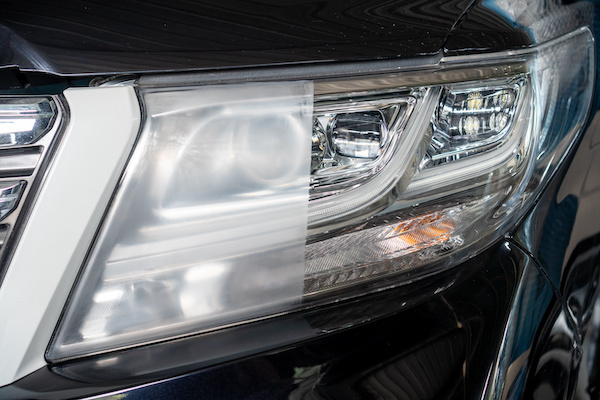
Your vehicle's exterior parts can be just as vital to your safety as its interior parts. An excellent example is your vehicle lights, specifically your headlights. Without brightly lit, functional headlights, you would not be able to see clearly when driving at night. Not only that, but other drivers would struggle to see you. As a vehicle owner, you have a duty to make sure your car, including your headlights, is clean. Sometimes, regular car washes are not going to cut it for your headlights. Over time, your headlight covers will naturally get grimy and yellow, caused by oxidation. Thankfully, cleaning headlights is an easy task that you can do at the convenience of your home! The three items you need for the cleaning job are a microfiber cloth, car soap, and water. Furthermore, you will need to pair these items with one of these everyday household items that can work as your cleaning ingredient: Toothpaste Toothpaste is intended to remove plaque, but it can also treat ... read more
Posted on 10/20/2021
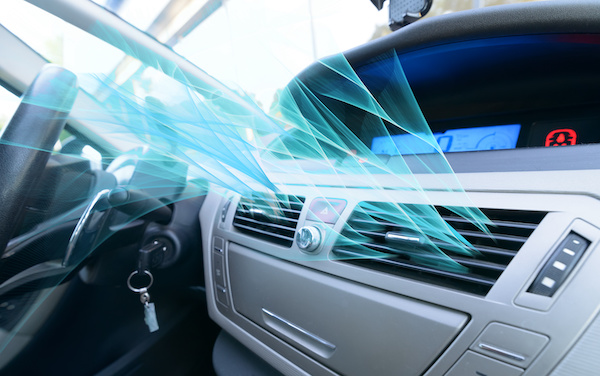
Fall in the air, and winter is on its way to meet Bound Brook, NJ residents. Now is more than perfect of a time for heating and A/C maintenance. At Nerger's Auto Express, we know firsthand just how cold it can get in the upcoming months. We're going to see rain, ice, and snow! If your heater is blowing cold air on a snowy day, it can make your drive miserable. You should never put off regular heating and A/C maintenance. A heater core is located behind the dashboard, and it is the vital piece that takes the heat from your car's engine. The air ultimately ends up in your cabin via the vent fans. When you schedule a fall inspection with our team, we will be sure to examine and test your HVAC system closely. This will include: Review of the interior and blower Checking the temperature of interior vent air Inspection of A/C belt for damage such as cracks Examining radiator hoses, thermostat, pressure cap, and coolant level Checking for any refrigerant leaks ... read more
Posted on 9/30/2021
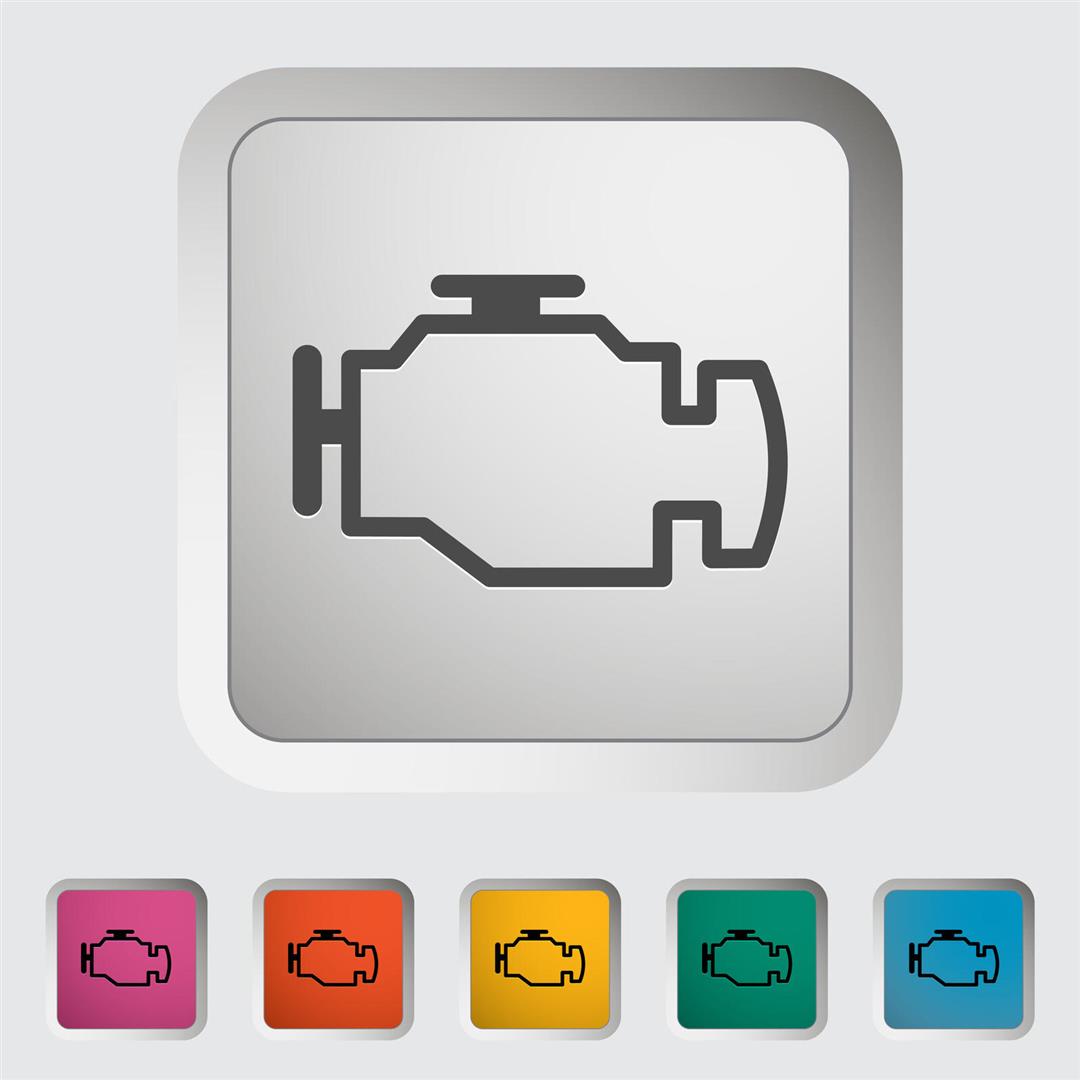
The 3.6 L FCA Pentastar V6 Engine is an overwhelmingly durable and reliable engine. That’s why it’s been used in in more than ten million Chrysler, Dodge, and Jeep vehicles since 2010. With proper maintenance the 3.6L Pentastar engine can provide years of reliable service. However, no product is perfect, and the 3.6-liter Fiat Chrysler Automobile’s (FCA) Pentastar V6 engine is no exception. Unfortunately, problems with this type of engine can be challenging to diagnose, unless you take it to a shop that is highly experienced with these types of engines. At Nerger’s Auto Express, we’ve repaired countless 3.6L FCA engines in vehicles ranging from Jeep Wranglers to Dodge Chargers, and our experience means that we can diagnose and repair common and complicated engine problems quickly. Here&rs ... read more
Posted on 9/21/2021

With most parents heading back to in-person school this autumn, you (the parents) should take some time to review the safety precautions when driving near school zones. The truth is we've been a little out of practice since early 2020, so making the adjustments for in-person school or work can be tough. If you are a parent who drives your kids to and from school or an individual who has to pass through a school zone regularly, we highly advise that you read through these tips. They'll ensure you understand the rules to ensure your entire community is safe. Always stop for stopped school buses. This one should be easy, as it is illegal to pass a school bus. If you notice a bus stopped with a stop sign or flashing lights, it means that kids are in the process of getting on or off the vehicle. Please make sure you come to a complete stop and patiently wait while the bus is loading. Do not block a pedestrian crosswalk. Your vehicle should not be on any of the marke ... read more
Posted on 8/16/2021
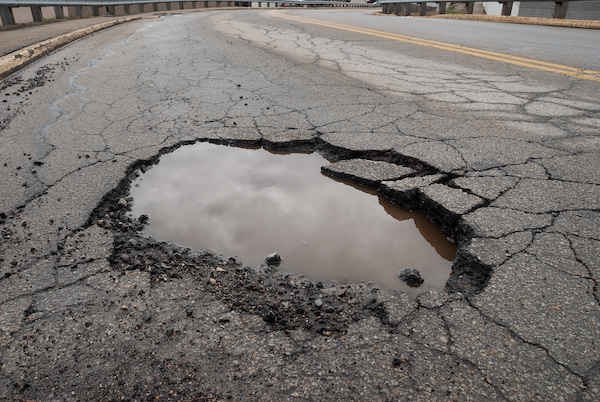
Potholes are often really hard to detect and can sneak up on you at any second on your daily commute. You can avoid the stress and scares of pothole damage and these aggravating road dangers with a few safe driving tips from our team at Nerger's Auto Express! TIPS ON HOW TO AVOID POTHOLE DAMAGE ON THE ROAD Leave extra room between your car and the car in front of you. If you're riding bumper to bumper, you won't be able to spot any potholes on the road. According to driver's ed practices, you should leave at least three seconds of space between you and the car in front of you. Maintaining an adequate amount of room between vehicles is not only part of preventing a rear-end collision, but it could also help you spot and avoid a nasty pothole before it's too late. Ensure that your tires are properly inflated. Over-inflated or under-inflated wheels are more likely to sustain damage if you encounter a pothole. It would help if you referred to your owner ... read more